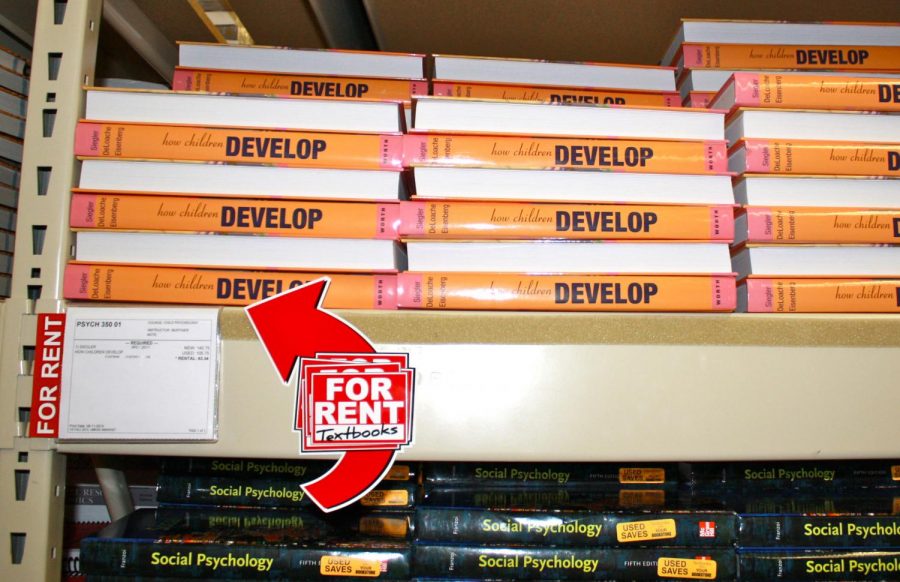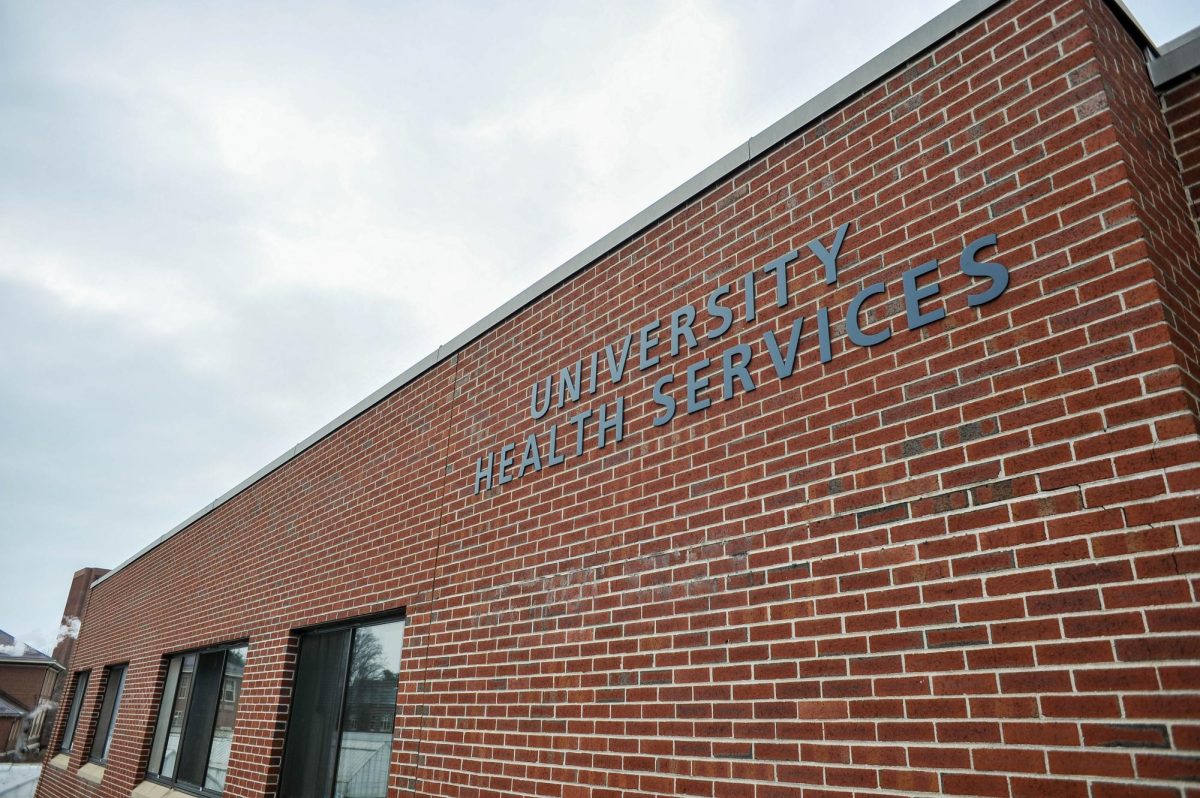I paid $80, $120 and $122 for my textbooks this semester. I paid similar prices last spring and last fall, and I expect this trend to continue throughout my career at UMass.
These textbooks supplement our in-class instruction, aid us in studying for exams, and oftentimes prove to be an essential tool for academic success. Our professors tell us at the start of each semester which book or learning software we need and we are expected to purchase it, often for very high prices that frankly, most college kids simply cannot afford.
These high price points make the expenses of college simply too great for many people, limiting access to higher education through growing prices. You might be inclined to say expensive textbooks are just a drop in the bucket compared to the overall price of tuition and housing, so why bother changing it? These families are already spending absurd amounts of money to go to school, what is a few hundred dollars extra going to hurt? As it turns out, spending $500 for the fall semester and another $750 for the spring semester means that those costs add up quickly, to the point where they can become quite a burden for families and students.
I personally have paid for software that provides sole access to all assignments, tests and exams. This means that had I not paid hundreds for these softwares, I would simply receive zeros in my courses.
That is, of course, after having spent thousands to get a seat in the lecture hall in the first place. The average price for a single college credit is $594, however the price for a 4-year private college averages at nearly double that, coming in at $1,039. Keep in mind, that is the cost per credit. Most classes are typically 3-4 credits. From a student’s perspective, to be forced to purchase hundreds of dollars in textbooks on top of that expensive tuition is a tough pill to swallow but swallow it we do for the sake of our education.
As the prices of college tuition skyrocket across the country, students and their families need affordable textbooks now more than ever, and the solution lies in the hands of our professors. Professors have a say in which software and textbook is used for their courses (sometimes even assigning books written by themselves), so it is our responsibility as readers and learners to help each other out. Advocate for professors adopting affordable or free learning tools for their students rather than relying on the expensive tools that typically offer a little more than their free counterparts.
Christian Daley can be reached at [email protected].



















